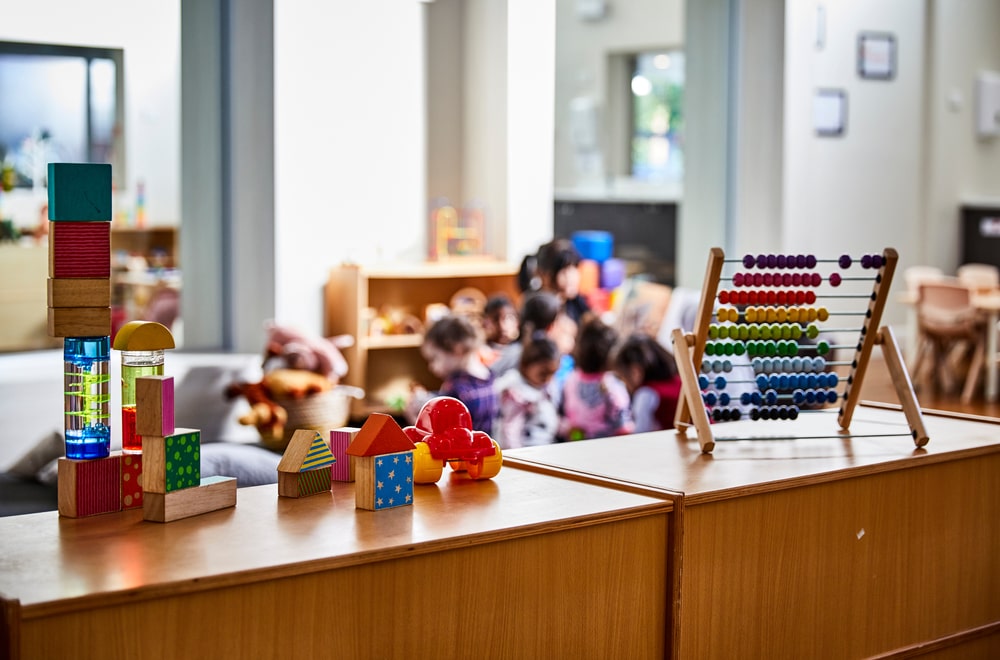
Labour wants to reform childcare. We have known this for quite some time. What we don’t yet know is what Labour’s reform of the broken childcare system will look like.
When pressed for more detail, the party reminds us that it will introduce breakfast clubs in every primary school. Aside from the fact that the term “breakfast clubs” now feels as ubiquitous as “pebbledash semi”, the policy does nothing to help children under the age of five or their parents.
The party will no doubt say that much has changed in the past year, and it is right. Pressures on the public finances have led to more measured language when it comes to reform. The party’s talk of a childcare plan that will be comparable to the birth of the NHS has been replaced with “a review”. Alongside this, in its March Budget the current government raised the hopes of struggling families with a promise of more “free childcare” despite the sector having neither the staff nor the space to deliver on the policy.
Public finances might constrain the pace of Labour’s reform, but it should not constrain the party’s ambition.
If Labour is serious about breaking the “class ceiling” it must look at the way in which existing government schemes perpetuate that inequality. Nowhere is this more evident than in our early-years system. The eligibility criteria of the current model keeps the poorest parents out of work and their children out of early education, exacerbating economic, social and educational inequality.
[See also: Will Labour grasp the opportunities of new technology?]
A 2021 report by the Sutton Trust found that just 20 per cent of families in the bottom third of the earnings distribution are eligible for the current 30 hours entitlement, while 70 per cent of those who can claim the hours come from homes in the top half of earners. Analysis by the Institute for Fiscal Studies in September found that the poorest third of families won’t get any direct benefit from the new entitlements the government has pledged to parents earlier this year.
Supporting these families is in everyone’s interests. Not only does childcare support enable these parents to get into, and get on in, work, but decades of evidence shows that investing in the early years improves the life outcomes of the most disadvantaged children. It makes them higher earners, more likely to go on to university, and less likely to be reliant on means-tested benefits.
A reformed childcare system will break down barriers to opportunity, plus it will drive so many of Labour’s other missions. Some of the worst childcare deserts in the country are in the north-east, Yorkshire and the West Midlands where there are three children for every one childcare place. How do we expect to level up these local economies without the social infrastructure that allows parents and their children to thrive? It’s a green investment too; analysis of Eurostat data by the Women’s Budget Group in 2021 found that care-based sectors are three times less polluting than construction.
If Labour is to rebuild Britain, as Keir Starmer has promised, it must commit to bold reform of early years, ensuring that all children have access to high-quality early education and care – starting with the most disadvantaged.
Rebuilding must start with strong foundations. For everyone in society, those foundations are the first five years of our lives.
This piece was first published on 24 November 2023 in a Spotlight special print edition about Labour policy. Read it here.
[See also: Can Keir Starmer transform the sickness service?]






